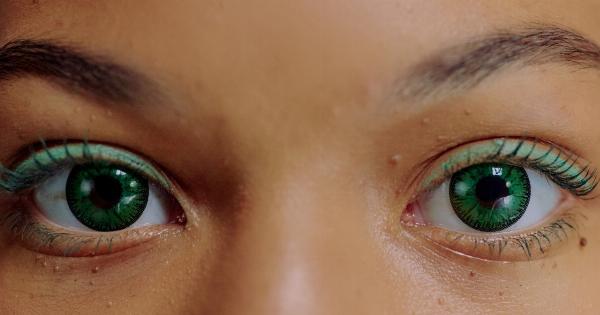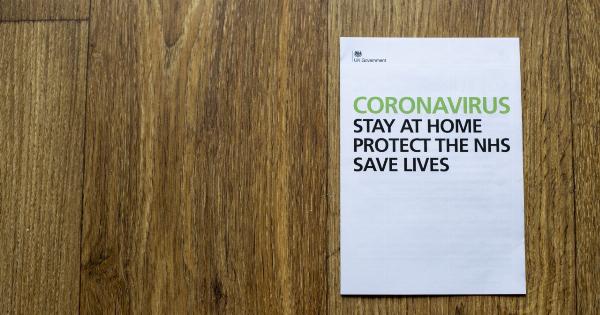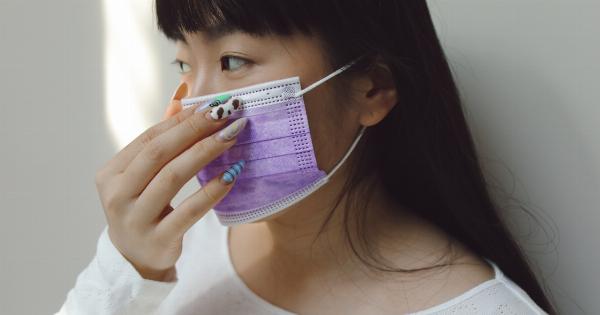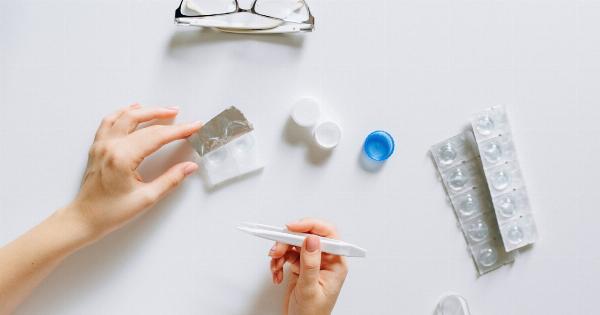Contact lenses are a popular choice for people who want to correct their vision without glasses. However, wearing contacts requires proper care and cleaning to prevent eye infections and other eye problems.
The Centers for Disease Control and Prevention (CDC) provides guidelines on how to use contact lenses safely and avoid issues. Here are three essential tips for proper contact lens use from the CDC.
1. Cleaning and Disinfecting Your Contact Lenses
The CDC recommends that you should always wash your hands thoroughly with soap and water before touching your contact lenses. Use a mild, non-cream-based soap, and dry your hands with a lint-free towel.
Avoid using cream soaps or lotions as they can leave residue on the hands, which may transfer to the lenses.
Next, remove your contact lenses and clean them using a solution recommended by your eye doctor or the manufacturer. Most solutions require rubbing the lenses gently with your fingers rather than rinsing them with the solution.
Experts also suggest you replace the case every month and use a new bottle of solution regularly. Never reuse the solution or add more to a nearly empty bottle. Doing so can introduce bacteria and other microorganisms on the surface of your lenses.
Also, be sure to follow the recommended time frame for replacing your contact lenses. The frequency of replacement varies from daily, weekly, bi-weekly to monthly lenses. Pay attention to the expiration date on the package.
Discard any lenses that have passed their expiration date.
2. Avoiding Contact with Water and Other Liquids
Water can be a source of dangerous microorganisms that can cause severe eye infections. Therefore, it’s crucial to avoid getting your contact lenses soaked in water, whether it’s plain tap water, pool or spa water, sea or ocean water.
These waters contain harmful bacteria or parasites, which can cause a rare but severe infection called Acanthamoeba keratitis.
In addition, you should avoid using saliva, tap water, or homemade solutions to moisten your contact lenses or lens case, as this can introduce harmful bacteria and viruses into your eyes.
3. Protect your Eyes from Irritants and Harmful Substances
Contact lens wearers should be mindful of exposing their eyes to irritants and harmful substances that can cause redness, itchiness, and swelling. These substances can come from things like cigarette smoke, makeup, hairspray, or perfume.
To avoid these irritants, contact lens wearers should practice good hygiene, including washing their hands often and thoroughly. You should also avoid applying makeup around or near your eyes when wearing contact lenses.
Finally, contact lenses should be removed before swimming, showering, or participating in water activities to avoid exposing them to irritants or harmful substances.
Conclusion
Contact lenses provide an excellent alternative to glasses for vision correction. However, improper use of contact lenses can lead to severe eye infections and other eye problems.
The CDC recommends that contact lens wearers should always clean and disinfect their lenses, avoid contact with water and other liquids, and protect their eyes from irritants and harmful substances. By following these three essential tips, contact lens users can keep their eyes healthy and reduce their risk of eye infections.





























